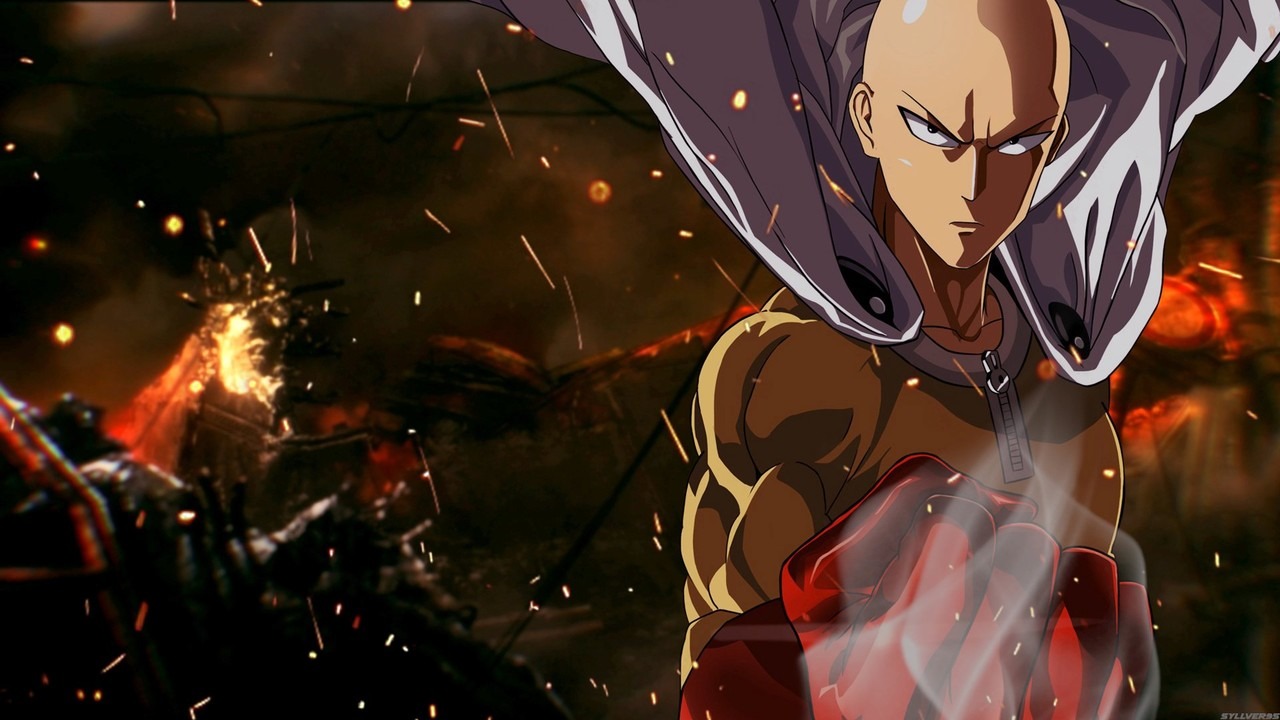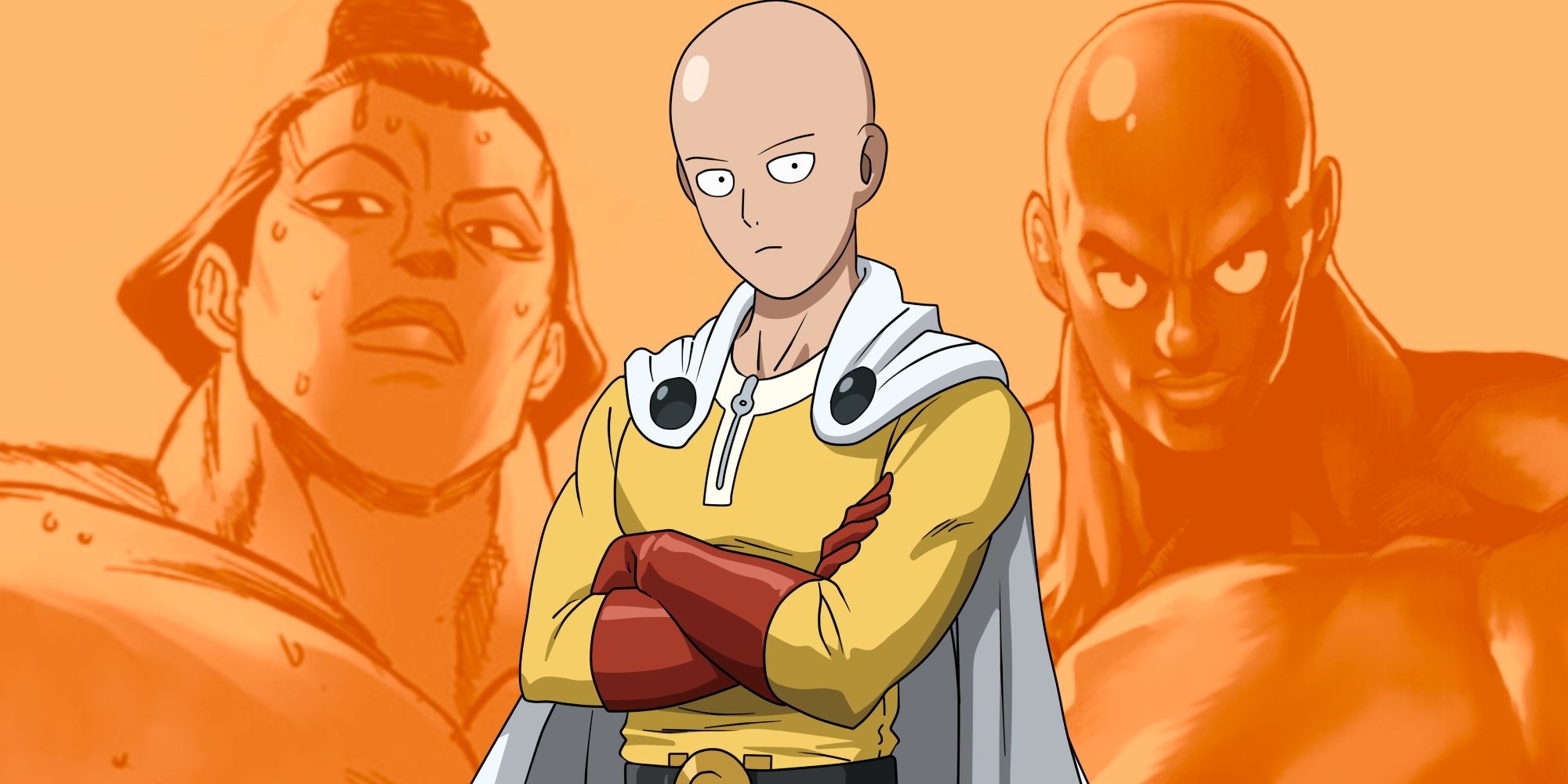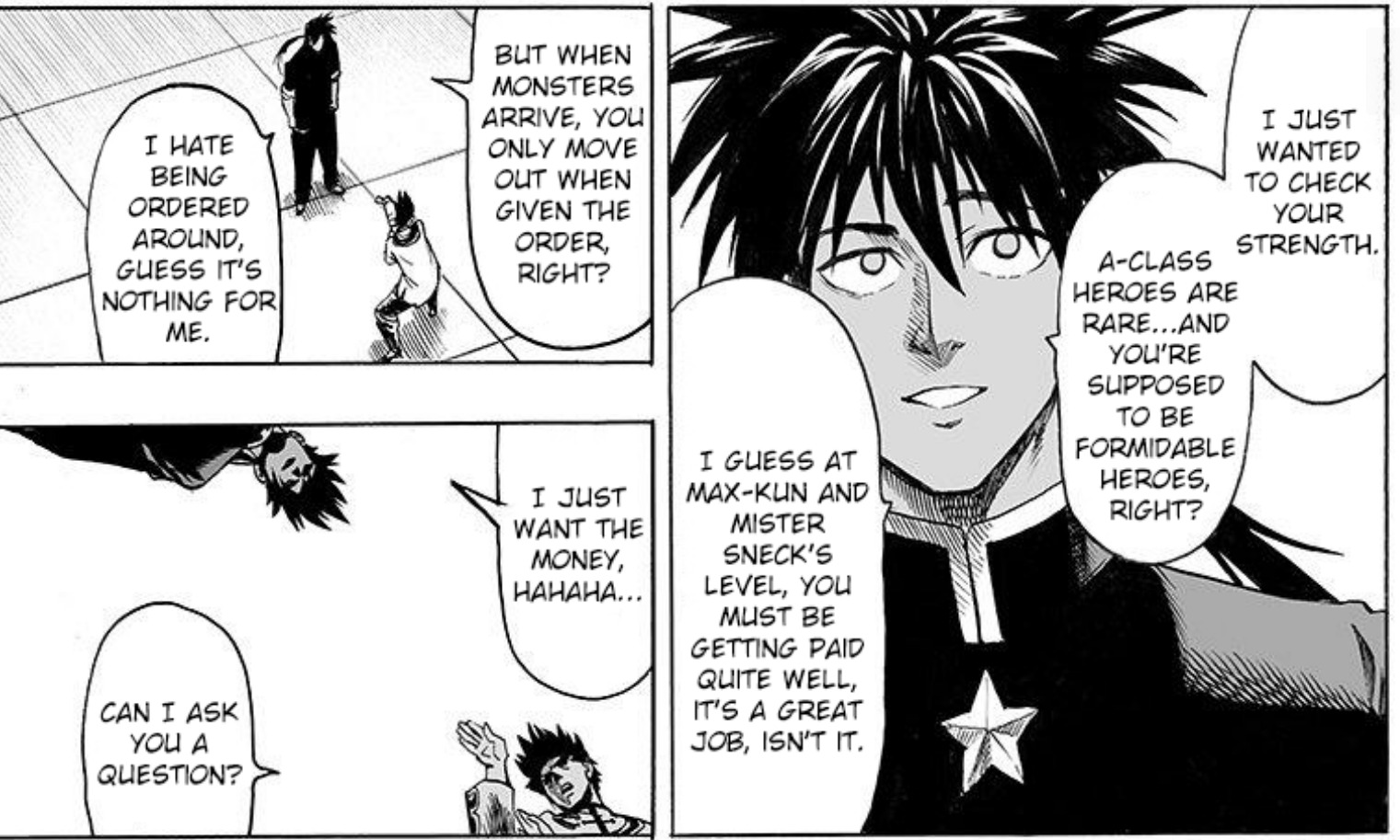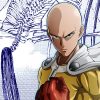The Hero Association was formed to safeguard humanity from monsters, but its inner workings reveal a far less noble reality. Instead of being purely dedicated to justice, the organization harbors heroes who are arrogant, incompetent, and, in some cases, outright dangerous.
These flaws not only threaten the integrity of the association itself but also put civilians at risk. The presence of corruption and self-interest within the group raises deeper questions about whether even the most well-intentioned institutions can maintain their ideals.

The Hero Association’s Corruption
Rather than acting as a flawless organization devoted to protecting people, the Hero Association has been tainted by the selfishness of some of its members. Certain heroes, such as Superalloy Darkshine, prioritize personal glory and public recognition over genuine heroism.
Their inflated egos often overshadow the true purpose of their roles, shifting their focus away from saving lives. A bureaucratic ranking system further exacerbates these problems, creating an environment where appearances and popularity sometimes take precedence over actual bravery and selflessness.
This flawed structure becomes even more evident during large-scale crises, where reckless actions from the association result in excessive collateral damage. A prime example is the destruction of an entire city during a monster attack, highlighting the organization’s failure to balance power with responsibility.
The Rise of the Monster Association
Opposing the Hero Association is the Monster Association, an entity that presents an alternative view of morality. While monsters are generally depicted as destructive forces, many of them act out of revenge or a desire to reshape society, complicating the usual black-and-white view of good versus evil.
Beyond their violent tendencies, these creatures demonstrate an ability to strategize and cooperate, challenging the assumption that they are purely chaotic beings.
Their ability to function as an organized group suggests that their motivations go beyond mindless destruction, introducing a level of complexity to the ongoing conflict between heroes and monsters.
The Hero Hunter, Garou
A character who directly questions the definition of heroism is Garou, a man who sets out to dismantle the Hero Association by embracing the path of a so-called “monster.”
His violent approach initially paints him as a villain, but his motivations stem from a deep-seated belief that the association is corrupt and that real strength lies beyond conventional human limitations.
Garou’s struggle reveals the flaws of a system that fails to recognize alternative paths to justice. As his journey plays out, he finds himself at odds with the very institution he once admired, proving that attempting to conform to a broken system can be futile.
His story underscores the idea that those who refuse to follow traditional norms may discover their form of strength, even if it means standing alone.
Saitama’s Uniqueness
Unlike the majority of heroes, Saitama possesses overwhelming power, capable of eliminating any enemy with a single punch. However, this unparalleled strength leads him to question the meaning of heroism itself, as no battle provides him with a true challenge.

His unmatched abilities create a sense of detachment, making it difficult for him to find fulfillment in his role. Rather than seeking recognition, Saitama remains indifferent to fame and status, distancing himself from the flawed system of the Hero Association.
His existence serves as a critique of traditional heroism, forcing the audience to reconsider the idea that power alone defines a hero. Through his experiences, the story highlights the importance of finding purpose beyond sheer strength.
The Concept of “True Heroism”
Strength and status are not what defines a true hero—what truly matters is an unwavering sense of morality and a willingness to protect others, even in the face of overwhelming adversity. One-Punch Man challenges its audience to think critically about heroism, morality, and the blurred lines between good and evil.
By exposing the Hero Association’s faults and looking at the motivations of its so-called enemies, the series pushes viewers to question the conventional understanding of heroism.
Rather than presenting a simple battle between good and bad, the story offers a deeper search for justice, corruption, and the complexity of human (and monster) nature.


